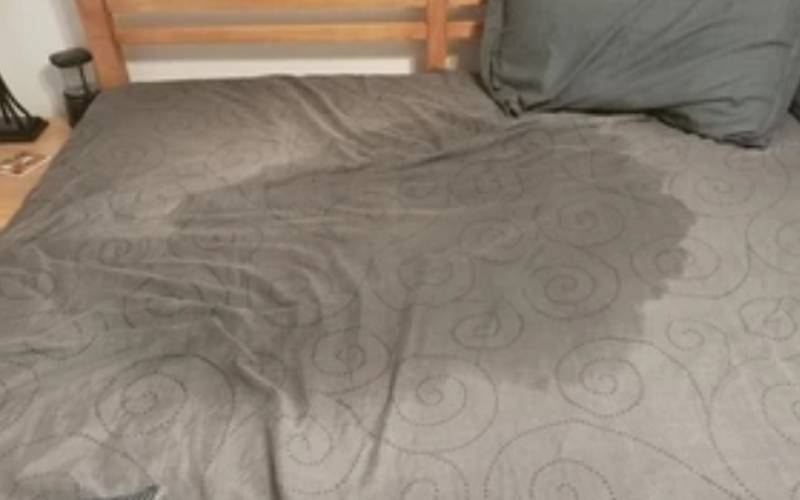×
The Standard e-Paper
Join Thousands Daily

Bedwetting is a standard developmental stage for children, but can be a symptom of underlying illness or disease in adults. [Courtesy]
You are likely to bed wet as an adult if your parents suffered a similar problem which almost drove one university student into committing suicide due to this partially hereditary condition.